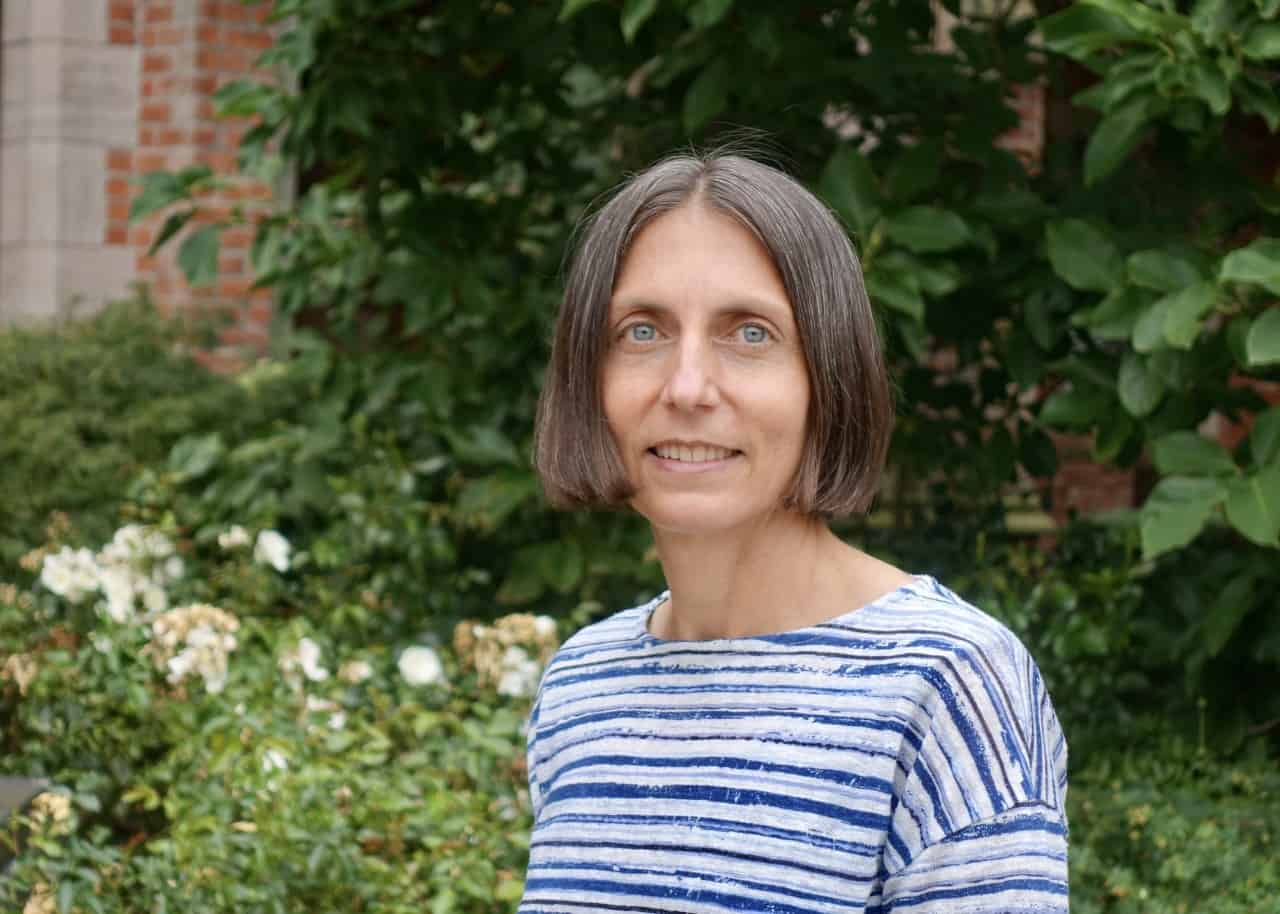‘The churches in Northern Ireland are uninterested in post-violence reconstruction.’ A surprising statement from a key speaker at the conclusion of a conference called ‘Journey Towards Healing: Trauma and Spirituality – an International Dialogue,’ held 10-11 March at the Europa Hotel in Belfast.
But these were the words of Professor John Brewer, a sociologist at the University of Aberdeen, whose book on the role of churches in Northern Ireland’s peace process will be published later this year.
Brewer shared his conviction, based on years of research on Northern Ireland’s churches, that religious peacebuilding has been the preserve of a few courageous individuals, who received little or no support for their efforts from the ‘institutional’ churches.
He argued that because the institutional churches did not have a strong ‘prophetic’ voice during the Troubles, they ‘lack moral legitimacy’ for leading – or even just participating – in a discussion about how Northern Ireland can move towards a better, shared future.
The Journey Towards Healing conference continues this weekend, culminating with some of the keynote speakers discussing these and other issues on BBC Radio Ulster’s Sunday Sequence tomorrow morning from 8.30 a.m. Tomorrow’s BBC Morning Service will also be broadcast from the conference at 10.15 a.m. It will be a reflective service led by Rev John Dunlop and Ray Helmick SJ.
Brewer’s address was provocative, especially coming at the end of two days of proceedings in which practitioners and scholars from Africa, Central and South America, Bangladesh, Australia, Israel, North America, and closer to home shared insights from their work with people who had experienced conflict-related traumas.
Many of the conference delegates, like Anglican priest Michael Lapsley, an anti-apartheid campaigner who lost both his hands in a letter bomb, stressed the importance of hope and the role that religion or spirituality can play in helping victims to heal, or to move from ‘victim to survivor to victor’, as he put it.
Like many at the conference, Brewer expressed concern that no one seems to be leading a sensitive, constructive discussion about how Northern Ireland might deal with its past. Or, to use the phrase from his book Peace Processes: A Sociological Approach, no one is leading a discussion about ‘how we remember.’
Brewer said he yearns to see the institutional churches instigating public discourses on topics such as the balance between righteous anger and forgiveness, and the role of compassion and empathy. He lamented that:
‘There is no public discourse on forgiveness, hope, compassion, resentment or anger. … Hope is not a word in the lexicon of the churches. … There has been no religious discourse in Northern Ireland on human rights issues, truth recovery, transitional justice themes like reparation, memory, or the restorative integration of ex-combatants.’
Further, Brewer said he would like to see churches help people in their congregations to ‘deconstruct’ the ethno-religious myths that have fuelled division and conflict for so long.
But he said there was little evidence of this happening, apart from the brave work of a select few, and that:
‘The churches are uninterested in post-violence reconstruction. … Are the churches capable of doing anything anymore, even if they wanted to? The institutional churches continue to evade their responsibility in the public sphere. … The churches’ futures are diminished by their failures to take responsibility for the past.’
Brewer was of course challenged on some of these points. The BBC’s William Crawley, who facilitated a panel discussion immediately after Brewer’s talk, pointed out that many of the churches had, for example, produced discussion documents on human rights. And some church leaders have discussed the issues Brewer mentioned on the BBC’s Sunday Sequence programme.
Brewer responded that discussion documents were usually buried rather than taken seriously in the public sphere. And he asked, ‘What about the people who don’t listen to Sunday Sequence?’
Brewer also stood by his claim that religious peacebuilding remains the work of motivated individuals. He said that many of these individuals are now burnt out, nearing retirement, or already retired – and there didn’t seem to be a rising generation of motivated religious peacebuilders to take their place.
In an increasingly secular society, it might be tempting to ask ‘so what’ if the institutional churches are not involved in post-violence reconstruction? With their ambiguous past, can they really bring anything constructive to Northern Ireland’s wider discussion about the future?
During the Question and Answer time, an American delegate remarked at the absence of politicians and policy makers at the conference, and wondered what kind of leadership they were showing around the issues Brewer had raised. He said that while it again seemed to be religious or spiritual individuals, rather than the church institutions, who were at this conference initiating the discussions, that perhaps this was a start.
But if there really is a lack of engagement from not just the institutional churches, but also politicians and policy makers, how far can these conversations get us?

Gladys is a Professor of Sociology at Queen’s University Belfast and a member of the Royal Irish Academy.
She is also a runner who has represented Ireland and Northern Ireland. She blogs on religion and politics at gladysganiel.com
Discover more from Slugger O'Toole
Subscribe to get the latest posts to your email.